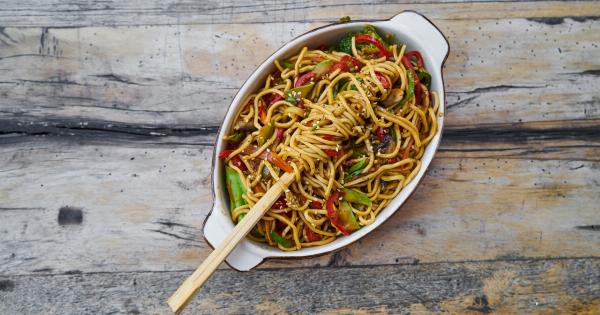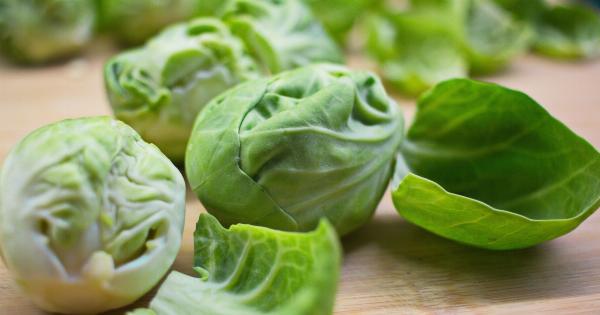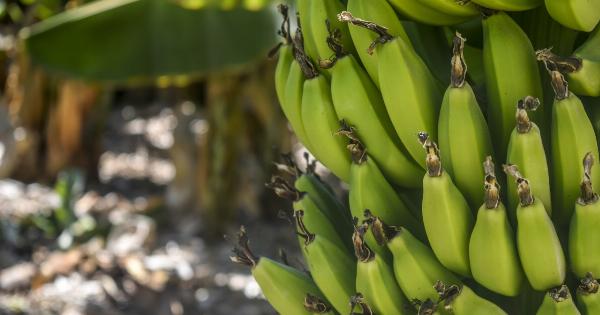Diabetes, a chronic disease that affects how your body processes sugar, is a major health concern worldwide.
According to the International Diabetes Federation, there were an estimated 463 million adults living with diabetes in 2019, and this number is expected to increase to 700 million by 2045.
While there are several factors that contribute to the development of diabetes, such as genetics, age, and obesity, diet is also an important factor. In fact, making dietary changes can be one of the most effective ways to manage diabetes.
And one green vegetable in particular has been shown to be especially beneficial: Brussels sprouts.
What Are Brussels Sprouts?
Brussels sprouts, also known as mini cabbages, are a member of the cruciferous vegetable family, which includes broccoli, cauliflower, and kale. They are low in calories and high in nutrients, making them an excellent addition to any diet.
Brussels sprouts are rich in several vitamins and minerals, including vitamin C, vitamin K, vitamin A, folate, and potassium. They are also a good source of fiber and antioxidants.
How Can Brussels Sprouts Help Fight Diabetes?
Brussels sprouts contain compounds that have been shown to have anti-diabetic effects. For example, they are a good source of alpha-lipoic acid, a compound that has been shown to lower blood sugar levels.
Alpha-lipoic acid may also help improve insulin sensitivity, which can be beneficial for people with type 2 diabetes.
In addition, Brussels sprouts are high in fiber, which can slow down the absorption of sugar into the bloodstream. This can help prevent spikes in blood sugar levels, which is especially important for people with diabetes.
Brussels sprouts also contain sulforaphane, a compound that has been shown to have anti-inflammatory effects.
Chronic inflammation is associated with several health problems, including diabetes, and reducing inflammation can help improve overall health.
How to Incorporate Brussels Sprouts Into Your Diet
If you’re not a fan of Brussels sprouts, you may want to give them another chance. There are many ways to prepare and cook Brussels sprouts that can make them more appealing.
One simple way to cook Brussels sprouts is to roast them in the oven with a little olive oil, salt, and pepper. This brings out their natural sweetness and gives them a crispy texture.
Another option is to sauté them with garlic and lemon juice, or steam them and toss them with a little balsamic vinegar and honey.
You can also try adding Brussels sprouts to soups, stews, or stir-fries. Or, you can shred them finely and use them as a base for salads, along with other greens like spinach or arugula.
Conclusion
Brussels sprouts are a delicious and nutritious vegetable that can provide numerous health benefits, especially for people with diabetes. Their anti-diabetic, anti-inflammatory, and fiber-rich properties make them an excellent addition to any diet.
If you haven’t tried Brussels sprouts before, consider giving them a chance. With so many cooking options available, you’re sure to find a recipe that works for you.



























